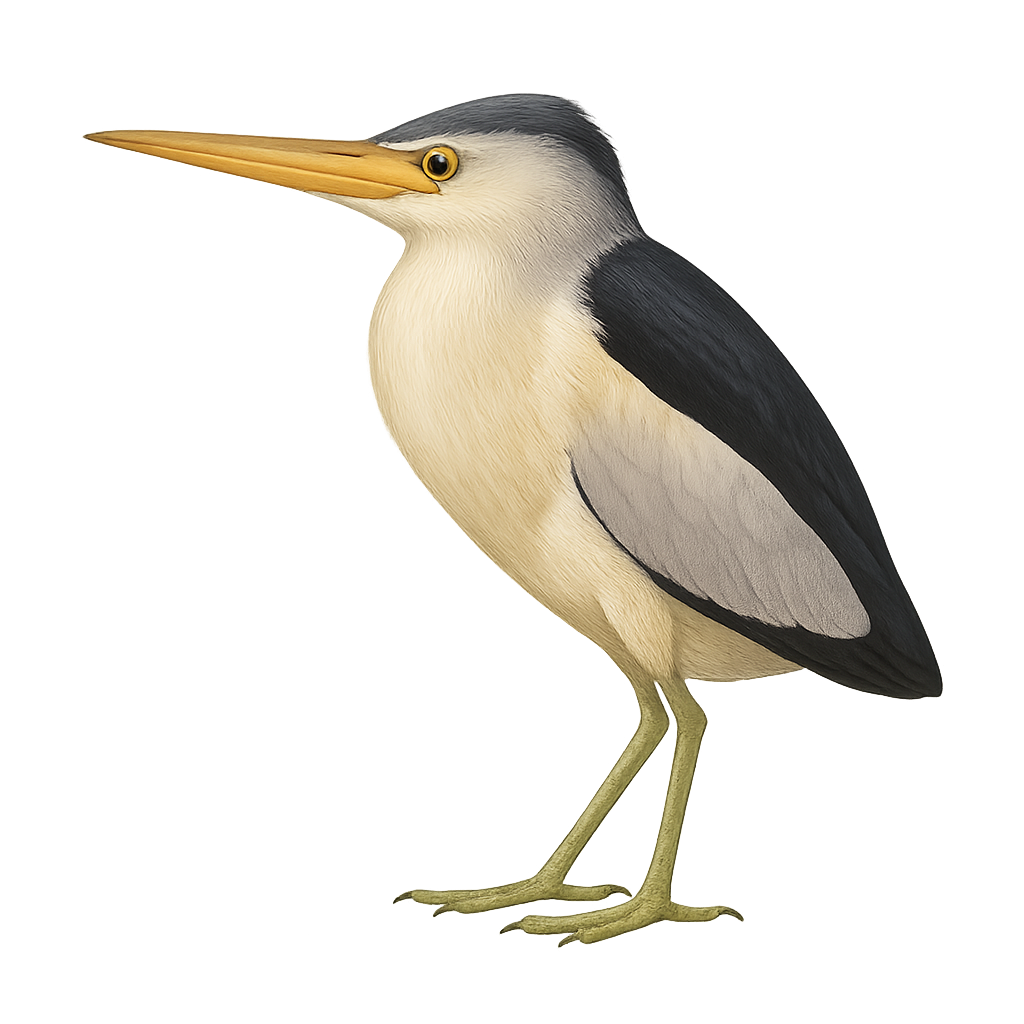Observe and photograph a species in its natural habitat
Learn where and when to observe a species in the wild, how to recognize it in the field, and what habitats it lives in. Get photography tips adapted to its behavior and capture stunning images without disturbing the animal. For full details, open the complete profile in the WildlifePhotographer app.
Little Bittern
Scientific name: Ixobrychus minutus

IUCN Status: Least Concern
Family: ARDEIDAE
Group: Birds
Shyness: Very shy
Safe distance: 30 m
Breeding season / Courtship: 01.05-31.05
Gestation: 17 à 19 jours
Births: 06.06-19.07
Habitat:
Wetlands, marshes, and rivers
Description:
The Little Bittern is a small and discreet heron, particularly hard to observe due to its brown and beige plumage, which allows it to blend perfectly into the vegetation of marshes, ponds, and rice fields. This heron is about 30 cm long and is known for its furtive behavior and quick, low flight. It primarily feeds on small fish, aquatic insects, and amphibians, hunting silently as it sneaks through the grasses or hides in reed beds.
This small heron is mainly active at dusk and during the night, making it even more discreet. While not directly threatened, the Little Bittern faces habitat loss due to the destruction of wetlands and the draining of marshes. The conservation of these habitats is crucial for the preservation of the species.
Recommended lens:
>=300 mm
Photography tips:
Approach slowly and discreetly, using a telephoto lens, as the black-crowned night heron is a discreet bird and can easily fly away if disturbed.
Photograph early in the morning or late in the afternoon, when the light is soft and the bird is more active in the marshes or wetlands searching for food.
Capture hunting moments: The black-crowned night heron often stands still in the water to catch its prey. Wait for it to take a hunting posture to get interesting shots.
Be patient: The black-crowned night heron can stay still for a long time, so wait for it to move or engage in a more dynamic activity.
Although the black-crowned night heron is not currently endangered, it remains sensitive to disturbances, especially during the breeding season. Respect its natural space and avoid disturbing its hunting or resting activities. Follow local conservation rules to help preserve this species.
Ready to take action?
Choose your platform and start your free trial today



